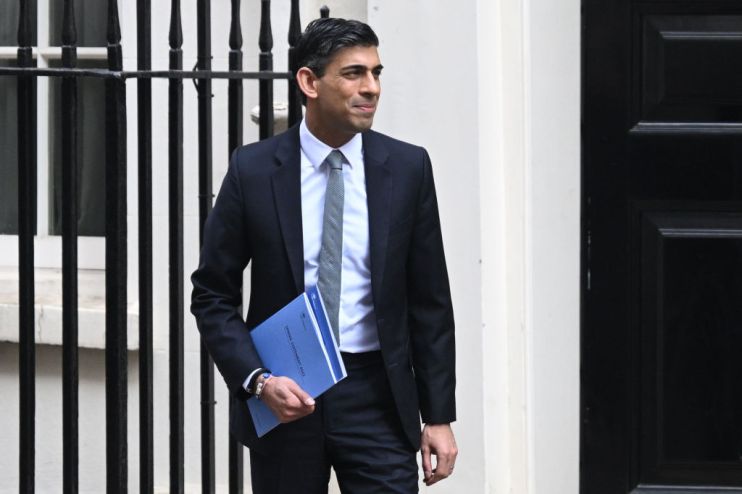Raising taxes on working people is ‘bananas’, economists warn

Raising taxes on working people while shielding other forms of income from levies is “bananas,” according to a top wonk’s analysis of chancellor Rishi Sunak’s spring statement.
Hiking employers and employees national insurance contributions 1.25 percentage points in April instead of using income tax to raise revenue is the “opposite of what everybody thinks we should be doing,” Torsten Bell, chief executive of the economic think tank the Resolution Foundation (the Foundation), said today at an evidence session with the Treasury Committee.
The chancellor at last week’s spring statement pushed ahead with the national insurance hike, but raised the threshold at which people start paying the tax around £3,000 to £12,570, in line with the income tax free threshold, in effect cutting taxes.
He also announced 1p in the pound cut to the basic rate of income tax by 2024.
However, freezing income tax thresholds for four years will offset most of the giveaways as a result of fiscal drag and is the main contributor to the tax burden swelling to its heaviest level since the late 1940s in four years.
Fiscal drag occurs when households pay more tax on each additional pound they earn due to income tax thresholds being frozen.
High inflation tends to put upward pressure on wages, exposing people to higher marginal tax rates when thresholds are frozen.
The cost of living in the UK has scaled to its highest level since 1992, hitting 6.2 per cent. Wages are not keeping pace with the rate of price rises, meaning living standards in the country are falling.
Sunak’s choice to cut income tax in two years’ time is being characterised as a means to boost the Conservatives’ chances of winning the next election, scheduled for 2024.
Gemma Tetlow, chief economist at the Institute for Government, said there was no rationale for cutting the basic rate of income tax 1p in 2024.